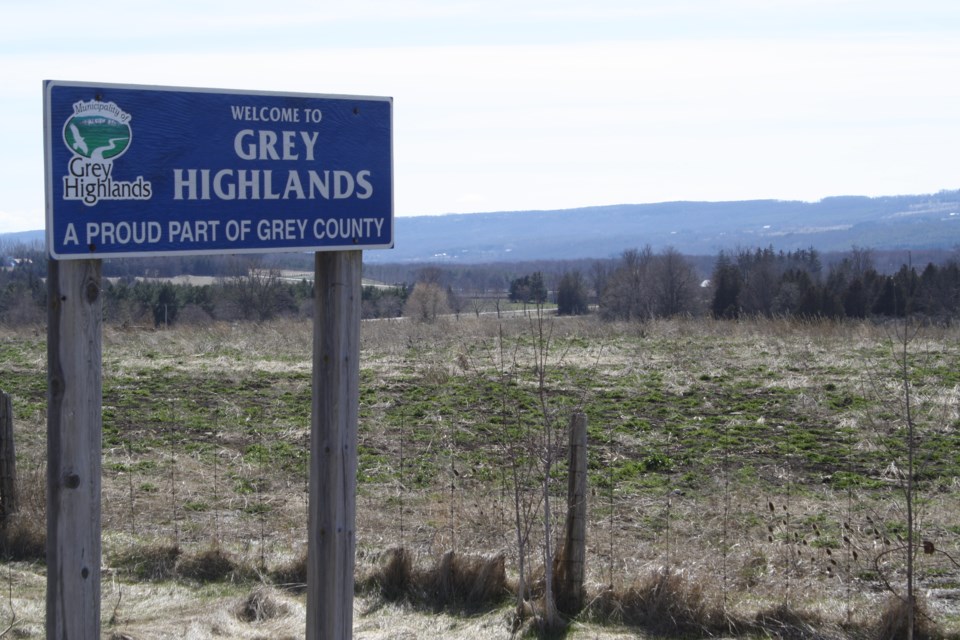The Grey Highlands is exploring a hybrid model of voting for the 2022 municipal election, which could include a combination of electronic, phone, mail, and in-person methods.
A survey conducted by the municipality showed that 78 per cent of respondents prefer an electronic voting system, 15 per cent prefer in-person paper ballots, six per cent voting by mail, and one per cent by telephone.
Council has directed staff to bring forward a bylaw authorizing alternative voting methods for the 2022 election, and they also directed staff to put out a request for proposal (RFP) to secure services for alternative voting systems.
Alternative voting systems have been allowed in Ontario since 1996, when the Municipal Elections Act was amended to make voting more accessible.
Internet voting has been growing in popularity over the past decade, with 44 Ontario municipalities employing it in 2010 and 194 employing it in 2018.
Although the 2018 election utilized alternative voting methods in the Grey Highlands, bylaws need to be passed for each municipal election.
Any bylaw authorizing alternative voting methods will have to be passed by council by May 1, 2022.
Council commended staff on pursuing a hybrid model of voting, citing an issue in the 2018 election where results were delayed by a day due to an issue with online voting.
In 2018, a server used by several municipalities for online voting crashed, preventing people from voting hours before the polls were supposed to close. Polls remained open for an extra 24 hours to make up for the issue, delaying the election by a day.
“I think following the unexpected events of the last election in 2018, where we had to delay the results by a day, as well as [receiving] quite a bit of feedback that there was a number of people who wanted to vote in the traditional way, I think the staff report is very responsible,” said Deputy Mayor Aakash Desai.
Mayor Paul McQueen questioned how the town might ensure that online voting takes place without any issues.
“At the last election there was an electronic system that a lot of municipalities were using, other than ourselves, that sort of crashed,” he said. “If there’s more and more alternate voting that’s using the internet, how do we assure that that same problem won’t happen again?”
Clerk Raylene Martell said that the internet voting lines were not fully opened on election day, and that was the cause for the delay.
“That specific issue was entirely realized,” she said. “It was not based on [an] overall issue with internet technology … There was a specific instance that happened for that one thing, that issue has been realized, and it’s been guaranteed that it should not happen again in the future.”
Martell also stated that in-person and alternative ballots will be struck off a central list of voters, which will ensure the integrity of the election process.
“We anticipate using the same voter’s list for the paper ballots as for the [alternative] ones,” she said.
“The tabulators will be able to let us know who we've given a paper ballot to because they’ll be stricken off as they receive their paper ballot, much like when they vote online they're stricken off as soon as they vote online.”



